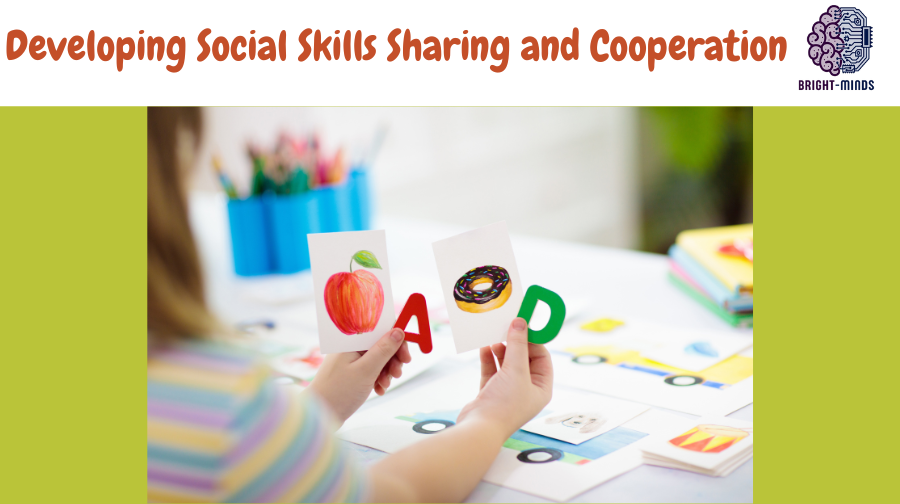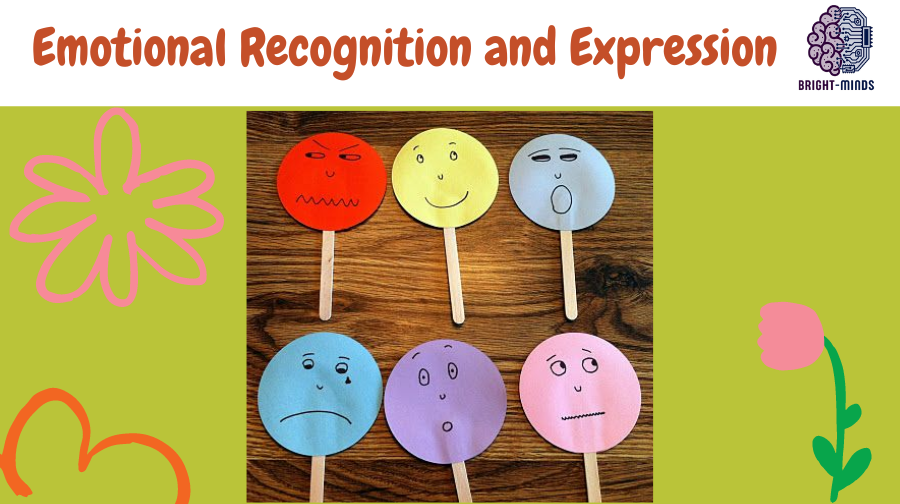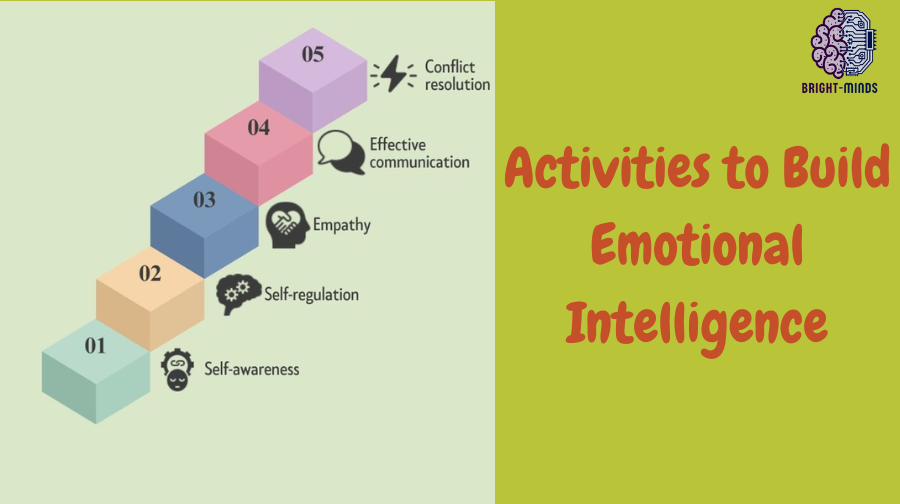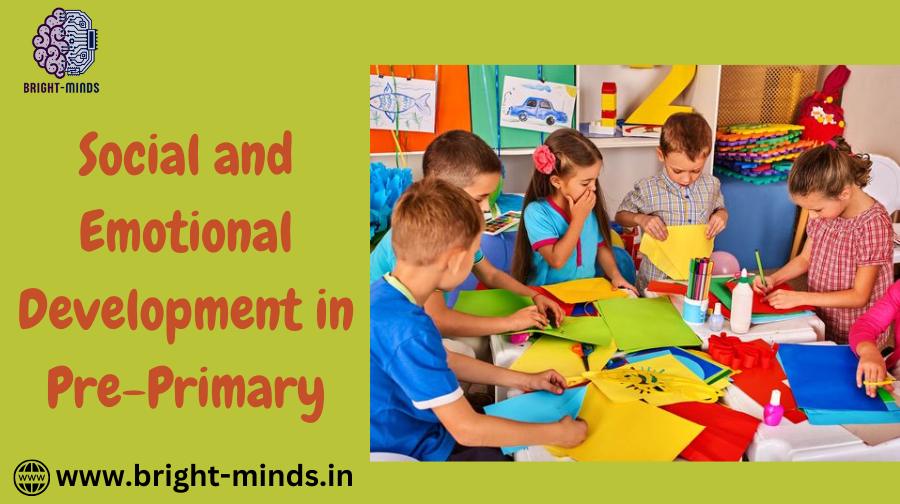Understand the role of Social and Emotional development in pre-primary education and discover ways to nurture these essential skills in young learners.
In the early years of a child’s life, social and emotional development forms the cornerstone of their overall well-being. Pre-primary education is a critical period where children start to learn how to interact with others, understand their own emotions, and build the foundation for healthy social relationships. The skills acquired during this stage not only impact their academic journey but also play a significant role in their future interactions and emotional stability.
Understanding Social and Emotional Development
Social and emotional development in pre-primary children refers to the process by which they learn to understand and manage their emotions, establish and maintain positive relationships, and develop empathy for others. This development is crucial as it sets the stage for how children will interact with peers, teachers, and family members throughout their lives.
Key Areas of Social and Emotional Development:
- Social Skills:
- Sharing and Cooperation: Learning to share toys, materials, and attention with others is a fundamental social skill that children develop during pre-primary years. Cooperation involves working together towards a common goal, which helps children understand the value of teamwork and mutual respect.
- Communication: Effective communication, both verbal and non-verbal, is essential for children to express their needs, thoughts, and emotions. It also helps in resolving conflicts and building friendships.
- Building Relationships: Forming positive relationships with peers and adults is an integral part of social development. These early relationships teach children about trust, empathy, and mutual respect.
- Emotional Skills:
- Emotional Recognition: Identifying and naming their own emotions, as well as recognizing the emotions of others, is a critical skill for young children. This awareness helps them to navigate social interactions and understand the impact of their behavior on others.
- Emotional Expression: Learning appropriate ways to express emotions is crucial. Children need to understand that all emotions are valid but must be expressed in a way that is respectful and considerate of others.
- Self-Regulation: This involves managing one’s emotions in response to different situations. Self-regulation is essential for handling frustration, disappointment, and other challenging emotions in a healthy manner.
Developing Social Skills: Sharing and Cooperation

1. Importance of Sharing and Cooperation:
- Sharing and cooperation are the building blocks of social interaction. These skills help children learn how to work with others, resolve conflicts, and build positive relationships. In pre-primary settings, activities that encourage sharing and cooperation can be integrated into daily routines, such as group play, collaborative art projects, and simple classroom tasks.
2. Encouraging Sharing:
- Role-Playing: Role-playing different scenarios where sharing is required can help children practice and understand the importance of sharing.
- Positive Reinforcement: Praising and rewarding children when they share or cooperate with others reinforces these behaviors.
- Modeling Behavior: Teachers and caregivers can model sharing and cooperation in their interactions with others, providing a live demonstration of these skills.
3. Building Cooperation:
- Group Activities: Engaging children in group activities where they have to work together towards a common goal can foster cooperation. Examples include building a block tower together or solving a puzzle as a team.
- Turn-Taking Games: Games that require taking turns help children learn patience, fairness, and the importance of following rules.
Emotional Recognition and Expression

1. Understanding Emotions:
- Teaching children to identify and understand their emotions is the first step in helping them manage those emotions effectively. Simple activities like discussing how characters in a story might feel, or asking children to describe how they feel in different situations, can enhance emotional recognition.
2. Expressing Emotions Appropriately:
- Emotion Charades: A fun activity where children act out different emotions and others guess what they are can help in understanding and expressing emotions.
- Emotion Cards: Using cards that depict different emotions, children can pick a card that matches their current feeling and talk about why they feel that way.
- Safe Spaces: Creating a ‘safe space’ in the classroom where children can go when they feel overwhelmed allows them to calm down and reflect on their emotions before reacting.
Activities to Build Emotional Intelligence

1. Storytelling:
- Storytelling is an excellent way to build emotional intelligence. Stories that focus on emotions and social interactions allow children to explore different feelings and understand the consequences of actions. Discussing these stories helps children relate to the characters and reflect on their own experiences.
2. Emotion Journals:
- Keeping an emotion journal can be a helpful tool for older pre-primary children. They can draw or write about their feelings each day, which encourages self-reflection and emotional expression.
3. Empathy Exercises:
- Activities that encourage empathy, such as caring for a class pet or helping a friend in need, teach children to consider the feelings of others and respond with kindness and understanding.
4. Mindfulness and Relaxation:
- Introducing mindfulness exercises, such as deep breathing or simple meditation, can help children learn to calm themselves and manage stress. These practices are especially useful in teaching self-regulation and emotional control.
Integrating Social and Emotional Development into Daily Routine
Incorporating social and emotional development activities into the daily routine of pre-primary education is crucial. Here are some strategies:
1. Morning Meetings:
- Start the day with a morning meeting where children can share their feelings, discuss any concerns, and set a positive tone for the day.
2. Group Projects:
- Regularly engaging children in group projects fosters teamwork, cooperation, and mutual respect.
3. Conflict Resolution:
- Teach children simple conflict resolution techniques, such as using “I” statements, active listening, and finding a compromise.
4. Regular Check-ins:
- Teachers and caregivers should have regular one-on-one check-ins with children to discuss their feelings and any issues they may be facing. This not only helps in identifying any emotional struggles early on but also strengthens the teacher-child relationship.
Conclusion:
Social and emotional development in pre-primary children is a vital aspect of their overall growth. By nurturing these skills early, educators and parents can help children develop the ability to form healthy relationships, manage their emotions effectively, and navigate social situations with confidence. This foundation not only supports their immediate academic success but also contributes to their long-term well-being and success in life.
you may be interested in this blog here:-

